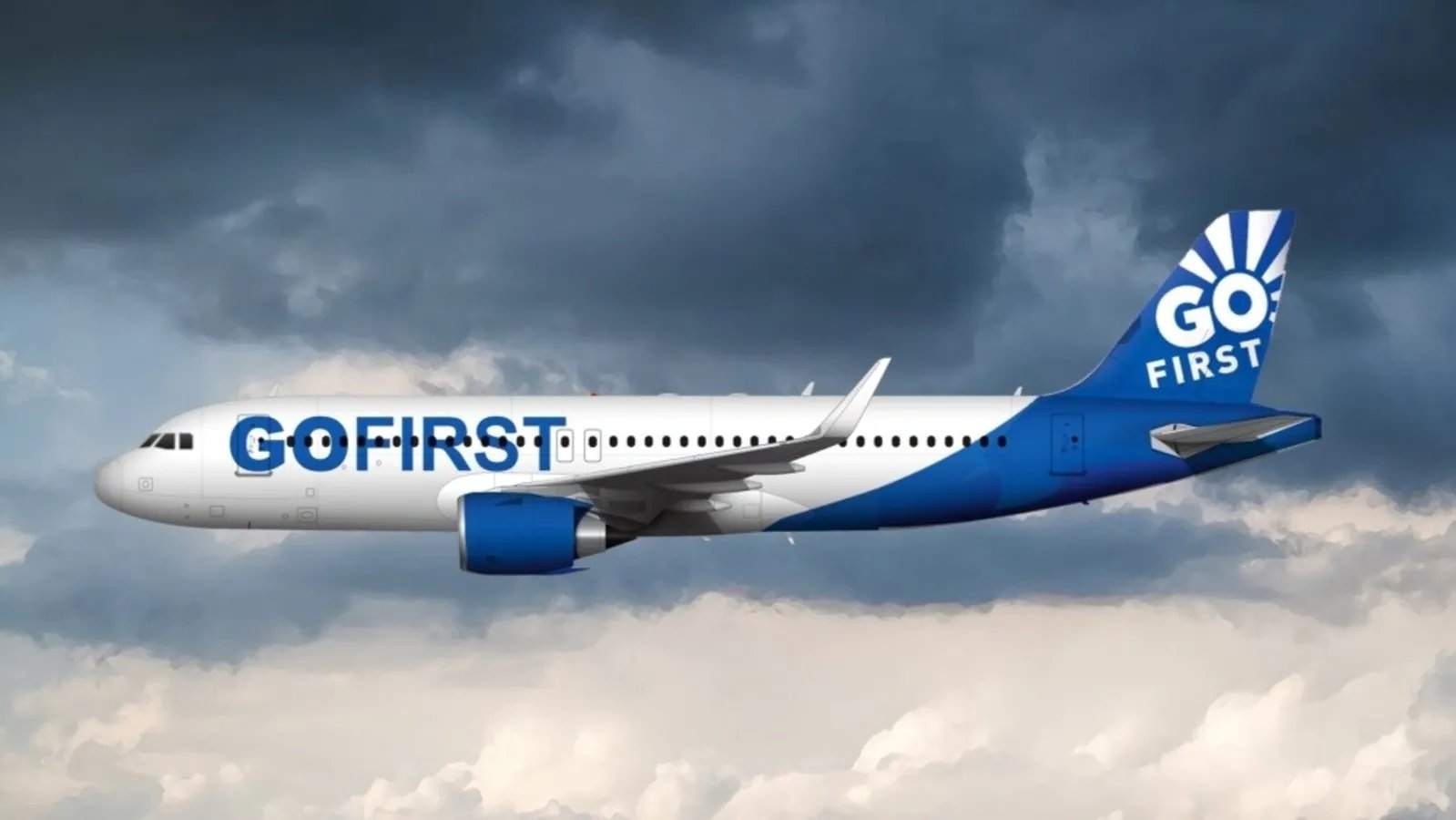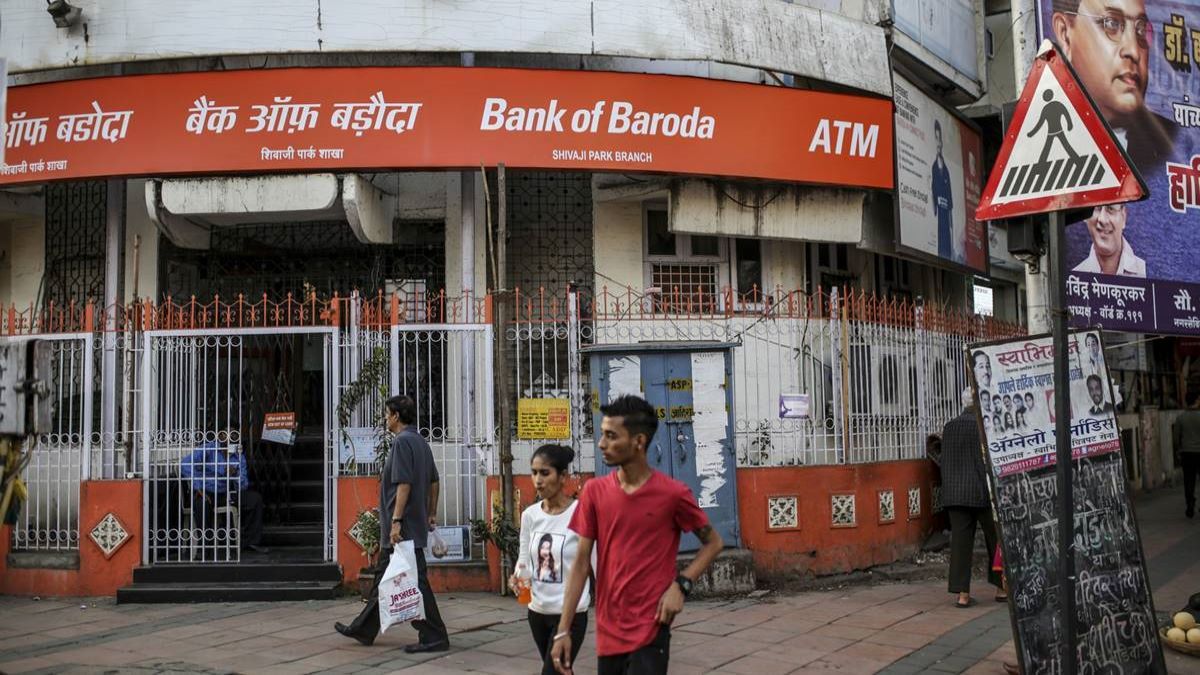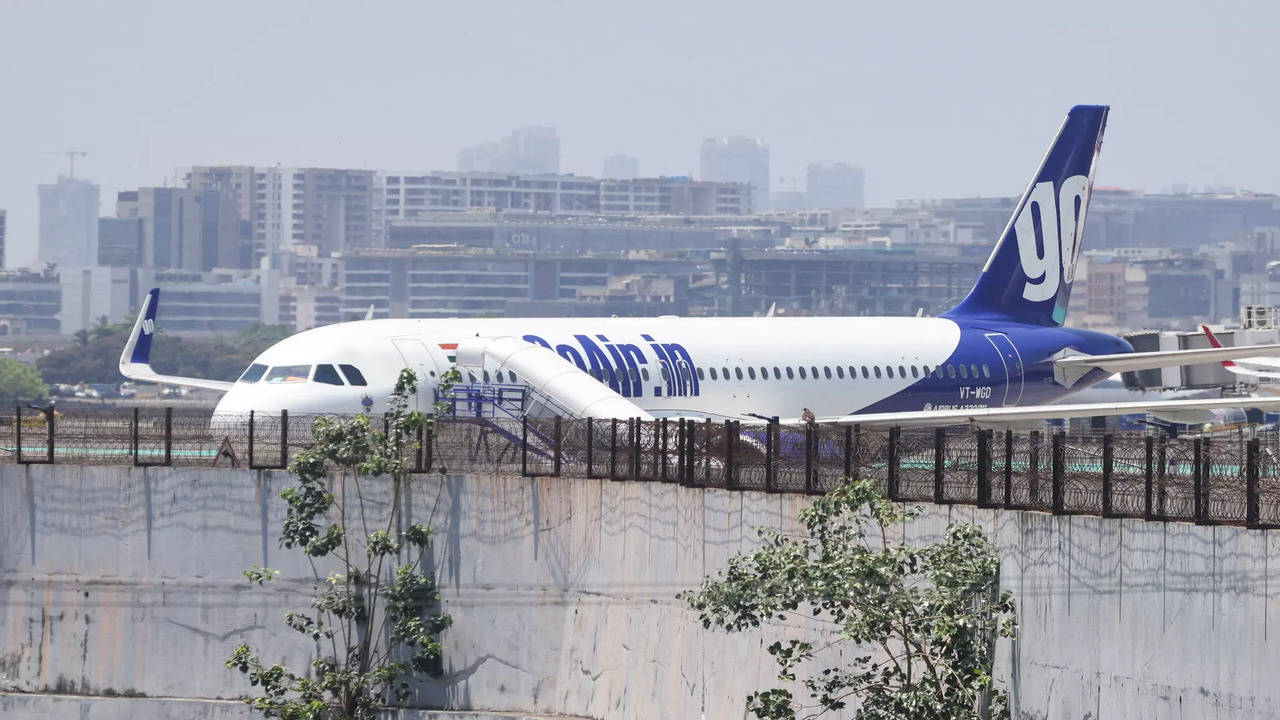Bank of Baroda’s Priority NPA Loan Classification on GO FIRST 2023

Bank of Baroda’s Priority NPA Loan Classification on GO FIRST 2023
In recent financial news, the Bank of Baroda (BoB) has made headlines by classifying its loans to Go First (formerly known as GoAir) as Non-Performing Assets (NPAs).
This development has raised concerns and questions about the financial health of the airline industry, the lending practices of banks, and the broader economic implications of such NPAs.

Bank of Baroda has fully covered its exposure of Rs 1,200 crore towards the ailing airline that has been facing bankruptcy proceedings since May 2023 by classifying its loans to Go First as Non Performing Assets (NPA).”Our slippage ratio appears high, but Go First, a sizable airline account valued at Rs 1,773 crore, is included in this.
The slippage ratio would have been 1.08% if this account had not been included, Chief Financial Officer Ian De Souza stated on a Saturday results call. The Central Bank of India categorised its loans to Go First as non-performing assets (NPA) earlier this month.
The airline has more than Rs 6,500 crore in exposure to four banks: IDBI Bank, Bank of Baroda, Deutsche Bank, and Central Bank of India.
Non-Performing Assets, commonly referred to as NPAs, are loans or advances given by banks that have stopped generating income for the lender.
These loans become NPAs when the borrower fails to pay interest or repay the principal amount for a specified period, usually 90 days or more. NPAs can have a detrimental impact on a bank’s financial health, profitability, and regulatory compliance.

The Bank of Baroda’s decision to classify its loans to Go First as NPAs comes after a period of financial stress for the airline company. Go First, like many other airlines, has faced significant challenges in recent years due to factors such as rising fuel prices, intense competition, and the disruptions caused by the COVID-19 pandemic.
Several key factors contributed to the NPA classification:
- Operational Challenges: The aviation industry is highly competitive, with thin profit margins. Go First, like its peers, has struggled to maintain profitability amid stiff competition and the operational complexities of the airline business.
- Pandemic Impact: The COVID-19 pandemic wreaked havoc on the global aviation sector, leading to a sharp drop in passenger demand and travel restrictions. Airlines faced unprecedented financial stress, with many of them requiring government bailouts or financial assistance to survive.
- Loan Repayment Issues: Go First’s ability to service its loans to Bank of Baroda was hampered due to the severe revenue decline during the pandemic. This led to difficulties in making interest payments and repaying the principal amount, ultimately triggering the NPA classification.
- Debt Restructuring: To alleviate its financial troubles, Go First had previously sought debt restructuring arrangements with its lenders, including Bank of Baroda. However, despite these efforts, the airline was unable to achieve a sustainable turnaround.

The classification of loans to Go First as NPAs will have several implications for Bank of Baroda:
- Financial Impact: The NPA classification will necessitate provisioning for potential losses, affecting the bank’s profitability and capital adequacy ratios. Banks are required to set aside funds to cover expected losses on NPAs, which can reduce their overall profits.
- Scrutiny by Regulators: Banking regulators in India, such as the Reserve Bank of India (RBI), closely monitor NPA levels. A significant increase in NPAs can attract regulatory scrutiny and penalties.
- Risk Management: The bank may review its lending practices and risk assessment procedures, particularly when dealing with the aviation sector and other sectors prone to economic volatility.
- Asset Recovery: Bank of Baroda will now focus on recovering its dues from Go First through various means, such as loan restructuring, asset sales, or legal actions. However, the recovery process can be challenging, given the financial condition of the airline.

For Go First, the NPA classification brings its own set of challenges and implications:
- Increased Financial Pressure: The NPA classification is a signal of financial distress, which could affect the airline’s ability to secure further financing or attract investors. It may also lead to higher borrowing costs in the future.
- Restructuring Efforts: The airline will likely need to engage in further negotiations with its lenders to restructure its debt and work towards a sustainable financial recovery plan.
- Operational Impact: Managing the financial challenges of servicing its debts as NPAs can divert management’s attention away from strategic operational issues, potentially affecting the airline’s performance.
The classification of loans to Go First as NPAs by Bank of Baroda underscores the challenges faced by the aviation industry, particularly in the wake of the COVID-19 pandemic. It serves as a reminder of the importance of prudent lending practices and risk management in the banking sector.
As both the bank and the airline navigate these financial challenges, it will be crucial for them to work collaboratively to find viable solutions that allow Go First to regain its financial stability while minimizing the impact on Bank of Baroda’s financial health.
Additionally, this development emphasizes the need for regulatory vigilance and industry-wide efforts to strengthen the resilience of the aviation sector in the face of external shocks and economic uncertainties.




